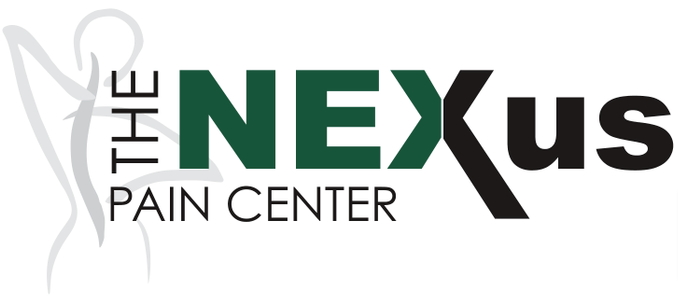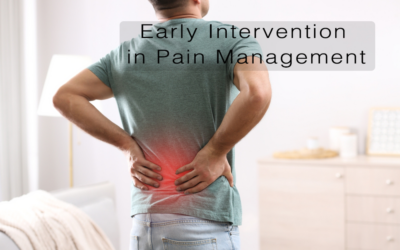Arthritis Specialist
Comprehensive Arthritis Treatment and Pain Management Specialists
If you’re looking for effective arthritis treatment or seeking the best arthritis doctors near you, Nexus Pain Center offers advanced care tailored to your needs. Our experienced team specializes in providing relief from arthritis pain, helping patients regain mobility and improve their quality of life.
What Is Arthritis and How Does It Affect You?
Arthritis refers to a group of diseases causing inflammation in one or more joints, leading to symptoms such as joint pain, stiffness, and swelling. Common types of arthritis include:
- Osteoarthritis: Often caused by aging or joint wear-and-tear.
- Rheumatoid Arthritis: An autoimmune condition where the body attacks healthy tissues.
- Psoriatic Arthritis: Associated with psoriasis, leading to joint inflammation.
- Gout: Caused by uric acid crystal buildup in the joints, often the big toe.
If you’re searching for an arthritis specialist near you, our team provides customized care to manage your specific type of arthritis.
How is Arthritis Diagnosed?
At Nexus Pain Center, our arthritis specialists conduct a thorough evaluation that includes:
- Reviewing your medical history and symptoms.
- Physical examinations to assess joint mobility, swelling, and redness.
- Advanced diagnostic tools such as X-rays, MRIs, and CT scans for detailed joint imaging.
This comprehensive approach helps us identify the root cause of your arthritis pain and develop an effective treatment plan.
Effective Arthritis Treatment Options at Nexus Pain Center
Managing arthritis requires a combination of medical expertise and personalized care. Our treatments focus on reducing pain, improving joint function, and slowing disease progression. Common options include:
- Hyaluronic Acid Injections: Enhances joint lubrication, relieving pain and improving mobility.
- Corticosteroid Injections: Reduces inflammation directly in the affected joint for long-term pain relief.
- Arthrocentesis: Removes excess joint fluid to reduce swelling and discomfort, often followed by targeted injections.
- Physical Therapy Recommendations: Strengthens the muscles around affected joints, increasing stability and flexibility.
Our approach ensures effective arthritis pain management without relying on surgery or opioids.
Why Choose Nexus Pain Center for Arthritis Treatment?
With locations in Columbus, LaGrange, Fayetteville, Newnan, McDonough, Stockbridge, and Griffin, we provide convenient access to expert care. Our dedicated team of arthritis specialists uses cutting-edge techniques to provide personalized treatment plans for long-lasting arthritis pain relief.
Whether you need relief from osteoarthritis or are managing a chronic condition like rheumatoid arthritis, Nexus Pain Center is your partner in restoring joint health and improving daily living.
Contact Nexus Pain Center Today
If you’re suffering from arthritis symptoms and looking for effective arthritis treatment, contact Nexus Pain Center. Our experienced arthritis specialists near you are ready to help you find relief and regain control of your life.
Ergonomic Habits That Help Prevent Chronic Pain (Even If You Sit All Day)
A poor chair isn’t just uncomfortable—it could be silently fueling years of neck and back pain. If you work at a desk or spend hours on your computer, chances are you've experienced stiffness, discomfort, or even burning pain in your neck, shoulders, or lower back....
How to Sleep with Chronic Pain
Getting quality sleep is one of the most important parts of managing chronic pain—but it can also be one of the hardest. Pain disrupts rest, and poor sleep can actually worsen your body’s ability to recover. Whether you're dealing with lower back pain, a herniated...
The Importance of Early Intervention in Pain Management
Understanding the Importance of Early Pain Management Pain is the body’s way of signaling that something is wrong. When addressed early, it can often be managed effectively, preventing it from becoming a chronic and debilitating condition. However, many individuals...



